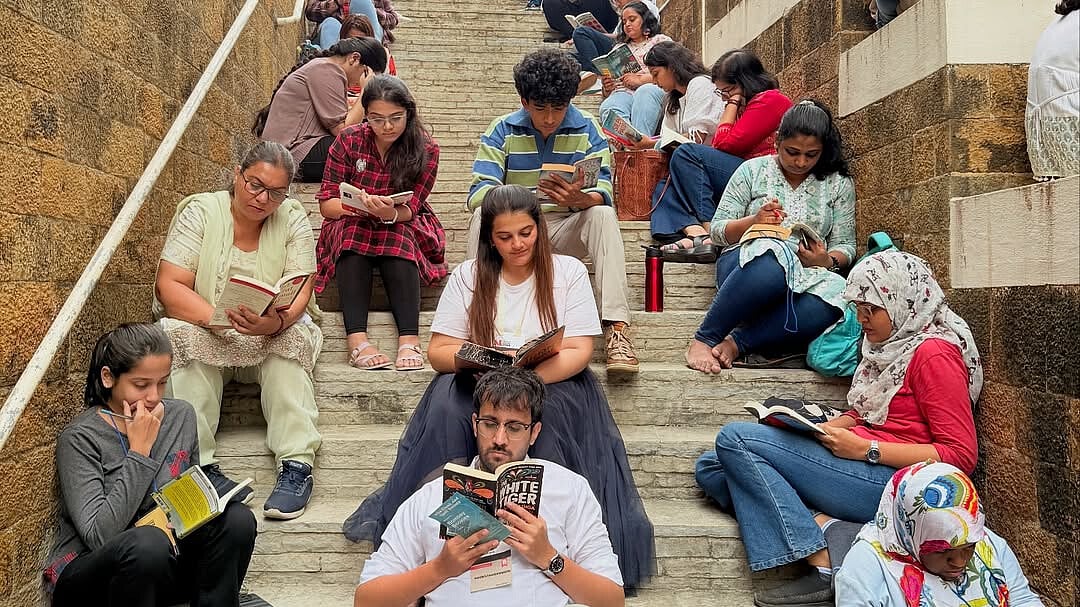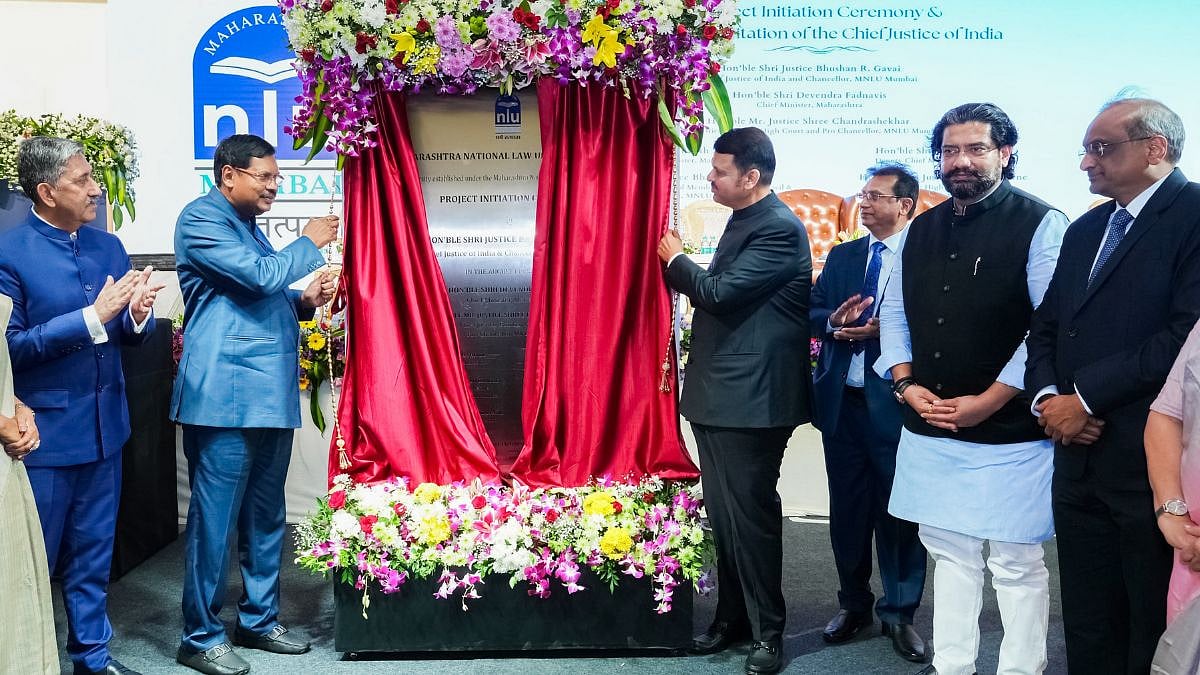Modern medicine has no doubt help in improving longevity; sometimes life, however, becomes unbearable and one may like to leave the world rather than living a pitiful life may be on bed without movement. This has often raised complex ethical, emotional, and legal questions about the “right to die with dignity”. The concept of a “Living Will”, in this context, has gained increasing attention across the world. It embodies the individual’s autonomy over end-of-life decisions, allowing one to state in advance how they wish to be treated when they are no longer capable of expressing their preferences.
In India, the debate around the living will was long dominated by moral and religious considerations, but the landmark Supreme Court judgment in Common Cause vs. Union of India (2018) marked a turning point by recognising the right to die with dignity as a Fundamental Right under Article 21 of the Constitution. Since then, living wills have gained both legal legitimacy and moral acceptance, though practical challenges remain.
Concept of Living Will:
A living will be a written document in which a person specifies their preferences for medical treatment in circumstances where they are no longer able to communicate their decisions due to illness, injury, or unconsciousness. It essentially expresses the individual’s choice to either accept or refuse specific life-sustaining treatments, such as artificial ventilation, tube feeding, etc., when recovery is no longer possible. In simple terms, it answers the question: “What kind of medical care would I want or not want, if I cannot speak for myself?”
The living will reflects a belief in personal autonomy, self-determination, and the right to die with dignity. It helps avoid unnecessary suffering and emotional burden on family members who might otherwise face difficult decisions about continuing or withdrawing medical treatment. The living will is specifically concerned with medical choices before death, not with property or inheritance.
Process of Creating a Living Will in India:
Following the Supreme Court’s 2018 judgment, the process of making and implementing a living will in India was defined in detail to ensure authenticity and prevent misuse. The procedure is as follows:
Who Can Make a Living Will: Any adult of sound mind who is capable of understanding the consequences of such a decision.
Form and Content: The Living Will must be a written document signed by the person in the presence of two witnesses and countersigned by a Judicial Magistrate of First Class (JMFC).
It must clearly state the person’s decision regarding medical treatment in case of terminal illness or permanent vegetative state or circumstances under which life support may be withdrawn. The name of a guardian or nominee authorized to decide on their behalf if they are unable to do so should also be mentioned.
Custody and Registration: The JMFC retains one copy of the document, forwards one to the District Court, one to the person’s family doctor, and one to the municipal or panchayat office. The person making the living will also keeps a personal copy.
Implementation: When the situation arises, the attending physician must verify the authenticity of the living will and refer the case to a medical board consisting of the hospital head and at least three expert doctors.
If the board agrees to honour the directive, its recommendation is reviewed by another board constituted by the District Collector.
Only after both boards concur and the JMFC authorizes, the life-support measures be withdrawn.
This multistage process ensures checks and balances to prevent abuse or hasty decisions while respecting the patient’s autonomy.
Utility and Importance of Living Will:
The living will serves multiple practical, ethical, and emotional purposes, both for the individual and society:
Respect for Autonomy: It upholds the individual’s right to make decisions about their own body and medical treatment, even when they lose the capacity to communicate.
Prevention of Unwanted Suffering: It helps avoid prolonged, painful, and futile medical interventions when recovery is impossible, thus ensuring dignity in death.
Guidance to Family Members: Families often struggle with guilt and confusion when deciding on end-of-life care. A living will relieves them from the burden of making such emotionally charged decisions.
Medical Clarity: Doctors are often uncertain about whether to continue aggressive treatment. A living will provides legal and ethical clarity, enabling doctors to act according to the patient’s wishes without fear of litigation.
Economic and Social Implications: It prevents unnecessary use of expensive medical resources on terminally ill patients when such interventions merely prolong suffering without improving quality of life.
Legal Validity in India:
As stated earlier, the legal foundation for living wills in India rest on the Supreme Court’s 2018 judgment in Common Cause vs. Union of India. The Court held that the “right to die with dignity” is part of the “Right to Life under Article 21” of the Constitution. It recognized that terminally ill or brain-dead individuals should not be forced to undergo meaningless medical treatment.
The Court legalized “passive euthanasia” (withdrawal of life support) under strict safeguards and validated living wills as legally enforceable documents.
However, while the 2018 judgment was historic, the procedures it laid down were cumbersome and impractical. Recognizing this, in January 2023, the Supreme Court relaxed the guidelines, simplifying the process of creating and executing living wills like the attesting authority being a notary or a gazetted officer, not necessarily a JMFC. Similarly, medical boards can be formed at district or hospital level, reducing bureaucratic delay. Many other reforms have made living wills more feasible.
Challenges and Related Issues:
Despite its legality, several challenges impede the widespread acceptance of Living Wills in India:
Lack of Awareness: Most people, including educated citizens, are unaware of the concept or procedure for creating a living will.
Cultural and Religious Sensitivity: Indian society often views death as a divine or karmic process; discussions about refusing treatment or preparing for death are sometimes seen as inauspicious.
Medical and Institutional Hesitation: Hospitals and doctors fear legal repercussions or accusations of negligence, even when following a valid living will.
Administrative Complexity: Although the 2023 guidelines have simplified the procedure, implementation at the grassroots level remains bureaucratic and uneven.
Absence of Legislation: Unlike many countries, India does not yet have a dedicated law on living wills. Judicial guidelines, though binding, are not as easily enforceable as a statute.
Need for Public Dialogue: Ethical debates continue about the sanctity of life, patient consent, and the role of family members in end-of-life decisions.
Moving Ahead:
The living will represents a humane and progressive approach to end-of-life care, aligning medical practice with the values of dignity, autonomy, and compassion. It ensures that a person’s wishes are respected even in the silence of incapacity.

While the Supreme Court’s recognition of living wills marks a historic step for India, the journey toward full acceptance is still unfolding. Greater public awareness, medical training, and legislative clarity are needed to make Living Wills a practical reality.
Ultimately, the living will is not just a legal document; it is an affirmation of the individual’s right to live and die on their own terms, with dignity, peace, and respect.
All elders must be aware of the concept of living will and it is suggested that they should make one, in consultation with a legal professional. This will ensure the “right to live as well as right to die” with dignity: which is a fundamental right of all of us.
By Dr A K Sen Gupta, Chief Trustee, My Retired Life Foundation (MRLF). He may be contacted at aksengupta51@gmail.com or 9821128103.








